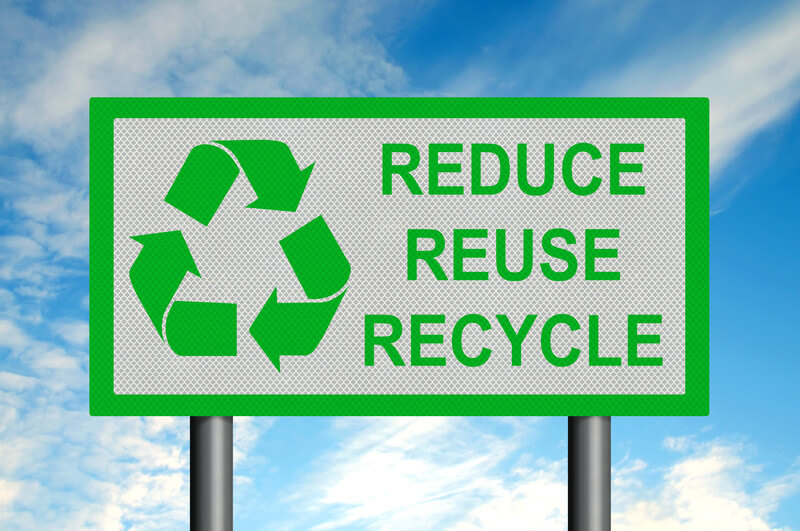Every purchase made online is encrypted with a high level of security you’ve come to expect. Your private information is never shared nor sold, so you can buy with confidence. You can also visit our store if you are in the St. Louis area.

We live in an age of technology, but sometimes advancements in technology create unintended consequences. These days we eat food that has been genetically engineered, doused in pesticides, and gobble more energy per-capita than every before. And unfortunately, all of these advancements require vast amounts of dirty carbon-based energy, leaving many people wondering how they can reduce their carbon footprint within their household to proactively help protect the environment. The following are some of the easiest ways you can decrease your household’s carbon footprint.
Table of Contents
Unplug Electronics Equipment
The average American doesn’t give a second thought to the devices they leave running or charging 24/7; instead, they take them for granted. But leaving chargers plugged into the wall eats up small amounts of electricity (which was created by carbon-based fuel systems) that can add up to significant amounts of energy over the course of a year. In addition, small initiatives like putting your computer in sleep mode, unplugging your cable box, and other similar conservations can add up to make a big impact.
Make Sure Your Home is Well Insulated
Some homes aren’t very well insulated, making them extremely inefficient with regards to heating and cooling. All of the wasted energy drastically adds up over the course of a season, and can impact a home’s carbon footprint. However, there are many types of insulation homeowners can use to decrease their carbon footprint. Plus, improving a poorly insulated home will even help save money on wasted heating and cooling.
Use Organic Mattresses
Most people don’t realize that an overwhelming chunk of their carbon footprint is defined by the products they purchase, and non-organic mattresses are a huge part of the problem. Unfortunately, the manufacturing process of non-organic mattresses spews rivers of harmful carbon particles into the air. And not only do organic mattresses decrease your carbon footprint, they improve air quality and quality of rest by decreasing the amount of harmful toxins you’re exposed to during your sleep.
Change Your Light Bulbs
I understand that light bulbs aren’t the most exciting home improvement project. In fact, we rarely think about them unless one needs to be replaced. Not only should you make sure that your lights are turned off when not in use, but you may also want to consider upgrading your existing light bulbs to compact fluorescents. Believe it or not, just one bulb can decrease carbon dioxide pollution by as much as 1,300 pounds over the bulb’s lifetime.
Buy Local Food and Keep a Garden
An unbelievably large amount of carbon pollution is caused by transportation – more specifically, food transportation. It takes so much fuel for the world’s farming and agriculture infrastructure to transport time-sensitive and perishable food products from one area to another. By keeping a garden in your backyard and by buying local food, you can decrease your dependency on food transport and reduce your carbon footprint. Furthermore, it’s a lot of fun growing your own produce, and many people find it cathartic.
